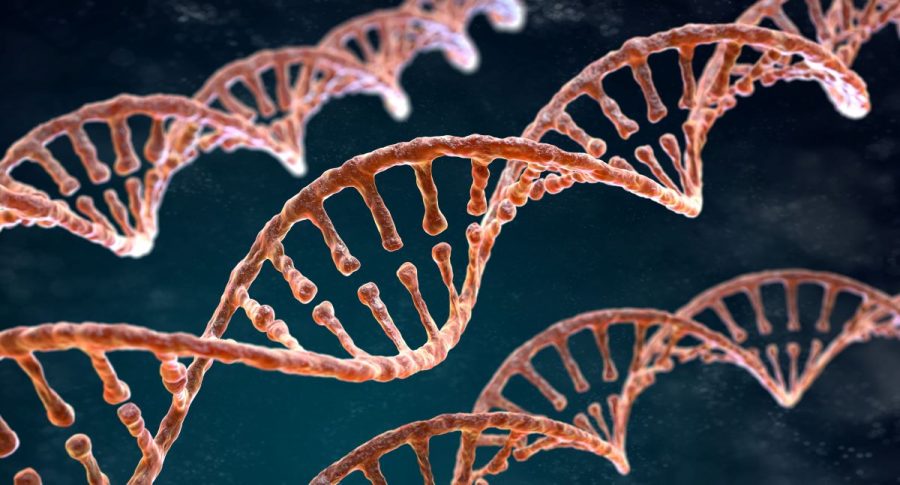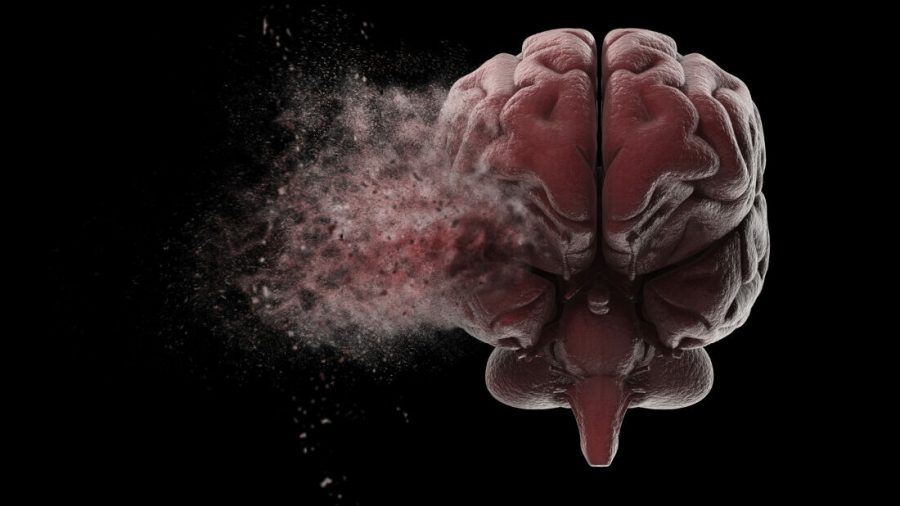Trigger warning: this post has contents relating to addiction, self-harm and suicide.
[dropcap style=”flat” size=”4″]I[/dropcap]t has been seven months, to the day, since Linkin Park lead singer’s Chester Bennington’s passing. In honor of Bennington, today’s installment is on “Breaking the Habit.” Band member Mike Shinoda originally wrote the song in response to a friend’s drug addiction, but Bennington struck a deep chord with the song, as he previously struggled with alcoholism and drug addiction for years. It took him over five attempts to record vocals for “Breaking the Habit,” and had difficulty performing the song live for almost a year because of how close the lyrics hit home.
Memories consume
Like opening the wound
I’m picking me apart again
You all assume
I’m safe here in my room
Unless I try to start again
The first part of the verse is clearly describing relapse, but it’s vague enough to describe nearly any mental illness. It isn’t until the latter half that the song takes a dark turn; it’s painfully obvious that “starting again” means doing deadly habits again, whether it be taking a drink or ten or getting high. Admittedly, when I first heard the song, I immediately thought it was referring to self-harm. Although it wasn’t what Shinoda meant, the beauty of “Breaking the Habit” is that it can apply to any self-destructive habit, including self-harm.
I don’t want to be the one
The battles always choose
‘Cause inside I realize
That I’m the one confused
These lyrics describe someone who desperately wants to get better; stopping relapse and starting recovery. It’s also painfully self-aware in the last verse, which segues into the chorus perfectly.
I don’t know what’s worth fighting for
Or why I have to scream
I don’t know why I instigate
And say what I don’t mean
I don’t know how I got this way
I know it’s not alright
So I’m breaking the habit
I’m breaking the habit tonight
The chorus is harrowing and too relatable for people who have felt what these words describe; overwhelming confusion. The lyrics speak for themselves. It took me a few listens before I could warp the last lines into something hopeful, of someone trying to, literally, break the habit. At first, I interpreted it as someone giving up on getting better and choosing to die by suicide. I don’t know which interpretation is correct, and I doubt it matters.
The beauty about anything artistic is that regardless of what the artist intended, the creation is always up to interpretation. I see it both ways — it’s whatever speaks to me the most in that moment.
Clutching my cure
I tightly lock the door
I try to catch my breath again
I hurt much more
Than anytime before
I had no options left again
The second verse paints a perfect picture of a relapse scene, right down to the justification: “I need to do this.” At the end, Bennington belts out the last note, his voice cracking in such a heartbreaking way as the music swells.
I don’t want to be the one
The battles always choose
‘Cause inside I realize
That I’m the one confused
I don’t know what’s worth fighting for
Or why I have to scream
I don’t know why I instigate
And say what I don’t mean
I don’t know how I got this way
I’ll never be alright
So I’m breaking the habit
I’m breaking the habit tonight
I’ll paint it on the walls
‘Cause I’m the one at fault
I’ll never fight again
And this is how it ends
I can’t see the bridge in any other way besides a suicidal resolve. “Painting it on the walls” can refer to dying by suicide through use of a gun, and taking complete blame for something that isn’t your fault. Addiction is a lifelong battle, and saying that you’ll never fight again means dying, which is reaffirmed with the last verse. It’s a depressing, but relatable bridge.
I don’t know what’s worth fighting for
Or why I have to scream
But now I have some clarity
To show you what I mean
I don’t know how I got this way
I’ll never be alright
So I’m breaking the habit
I’m breaking the habit
I’m breaking the habit tonight
The chorus rings again for a final time, with some verse changes, and I like to think it’s in a positive way. “But now I have some clarity / To show you what I mean,” I want to believe, is the person realizing how to formulate their feelings in some way that others can understand. I choose to believe that Linkin Park turns what otherwise is a depressing, emotional song into hope again, with “Breaking the Habit” referring to a self-destructive action, instead of something much more serious.
What do you think of the song? Let us know below.
























































































